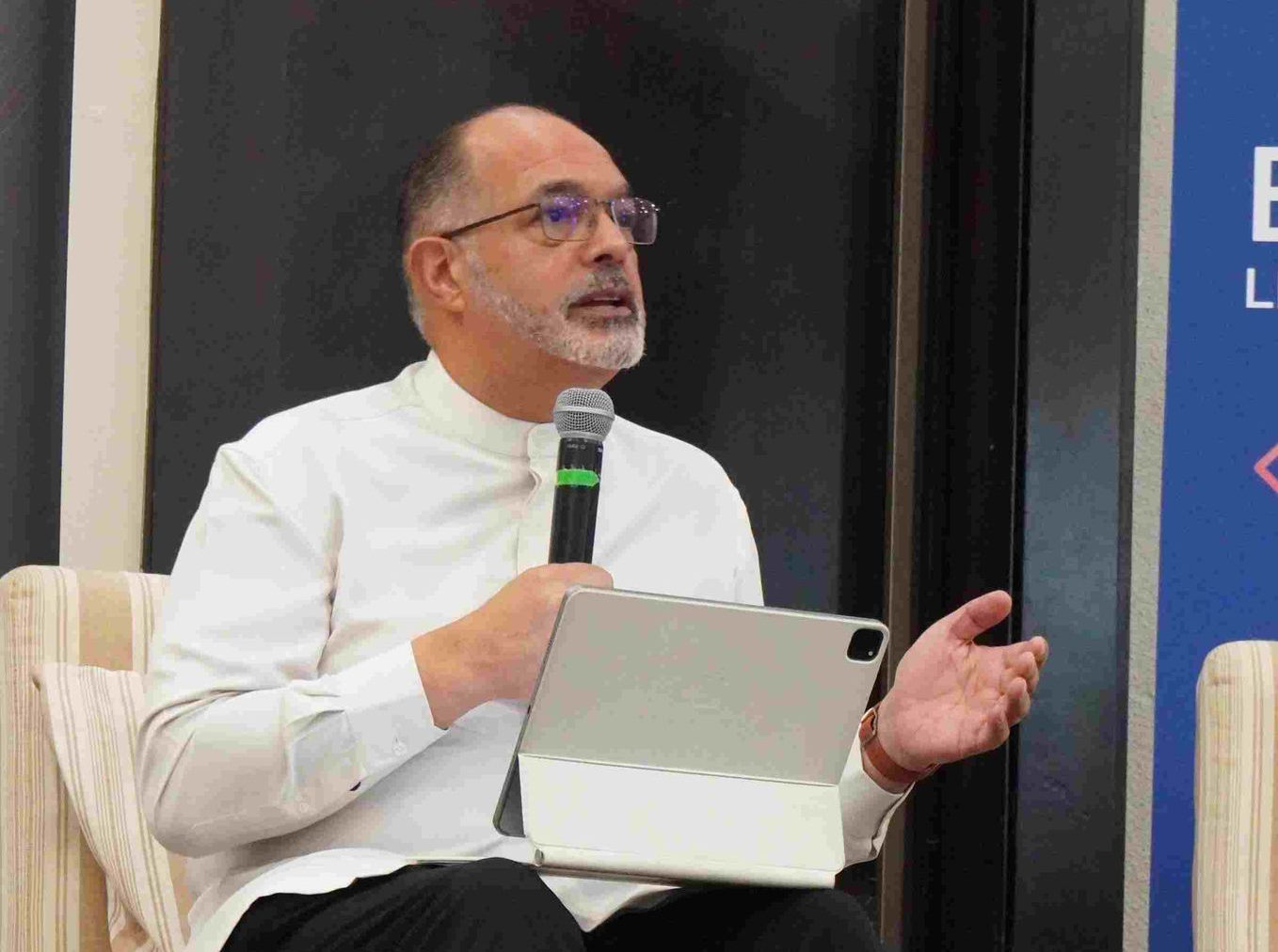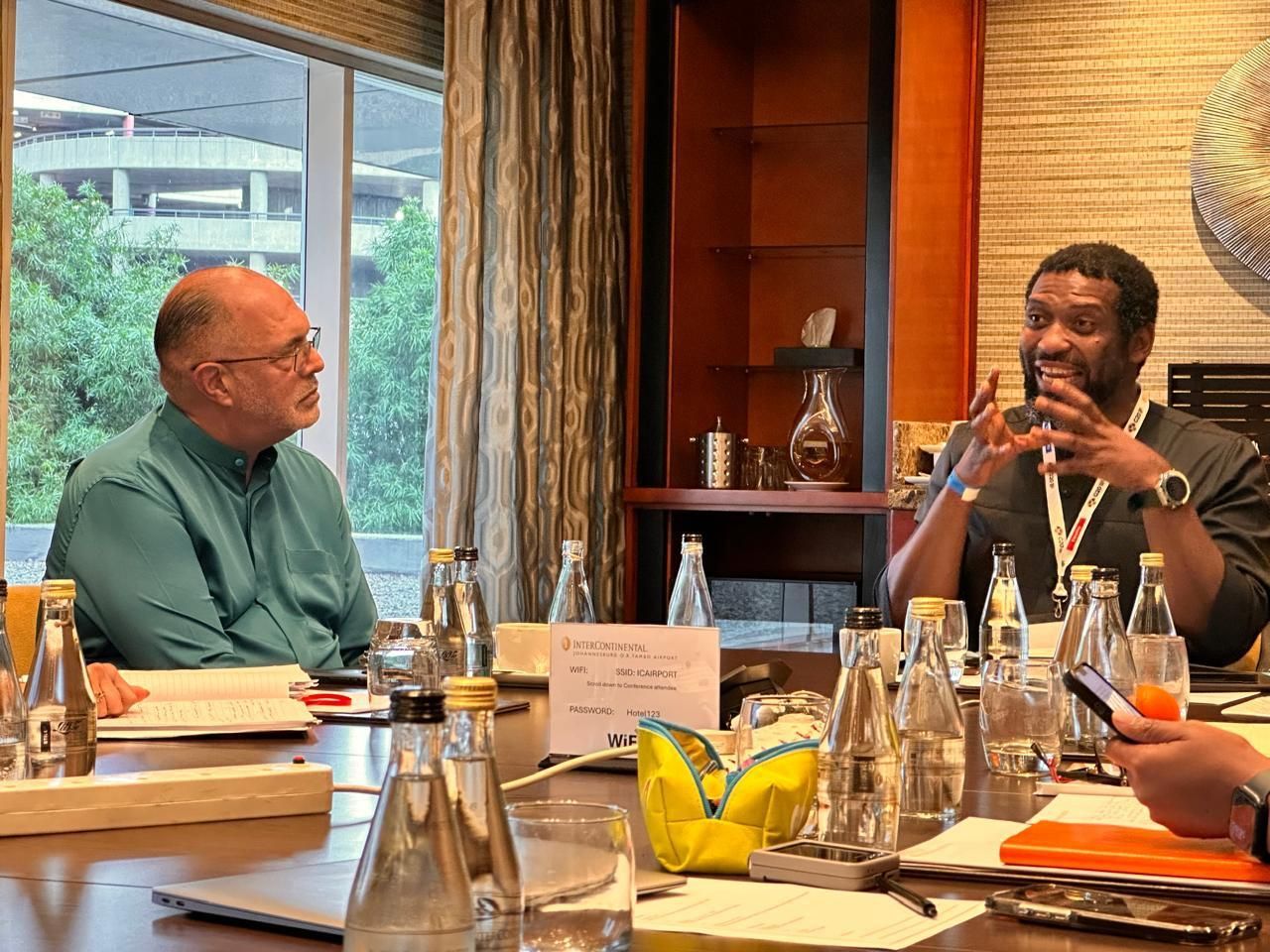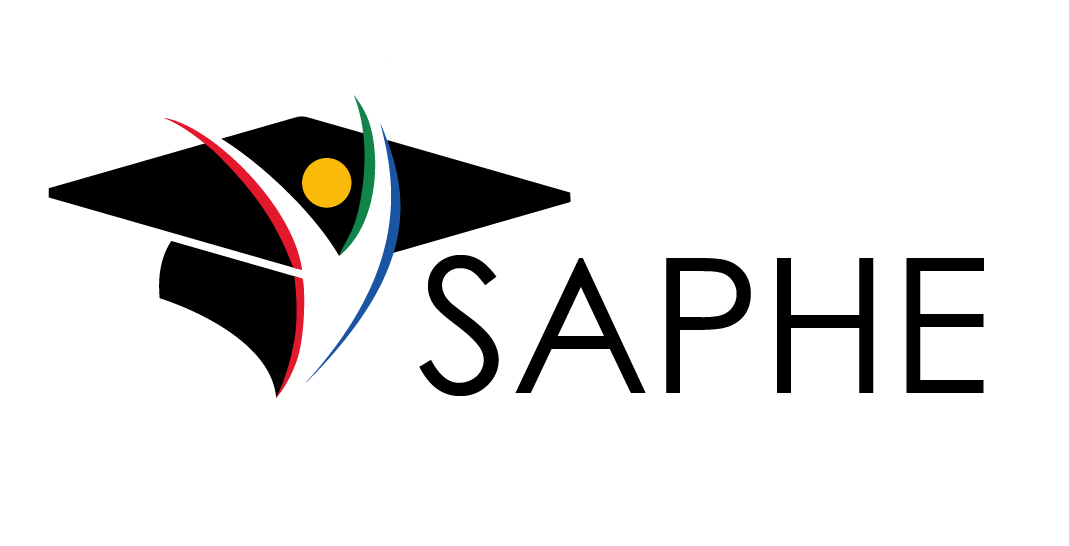Rankings and the myth of an equal playing field
University rankings have received much publicity recently, but South African private higher education institutions (PHEIs) often find themselves overlooked or absent from these rankings. To gain a better understanding of the challenges and opportunities that PHEIs face concerning university rankings, we asked a few SAPHE members to share their insights.
It is evident from their responses that rankings are not a one-size-fits-all matter. Numerous rankings exist, each with its own evaluation criteria, focusing on different aspects of higher education. Moreover, the diversity among higher education institutions in terms of size, history, context, focus, funding, and qualifications offered, amongst other, makes it difficult for any single ranking to encompass all these variables.
Prof. Zaheer Hamid, Director: Chief Academic Officer at Mancosa, points out that institutions are founded with contextual diversity, and as such have unique ways of making an impact and promoting a particular set of values. He emphasises that the market is not a homogeneous environment where a single tool can effectively review institutional value and competitiveness.
While different rankings have different rating criteria, research outputs is a key factor in most of them. Dr Dianne Manning, Manager: Quality Assurance and Evaluation at the Foundation for Professional Development, notes that comparing institutions with different levels of resources becomes challenging. Additionally, the unequal playing field in South Africa, where private institutions lack research subsidies available to public universities, makes it hard to compare private and public institutions.
According to Hamid the system of rankings itself is self-defeating as it assumes a limited, narrow approach to evaluation of institutional value and competitiveness. He says PHEIs are structured and led differently to traditional institutions and as such often remain unsatisfied that ranking criteria are not aligned to a more broad-based lens in education.
Dr Willy Engelbrecht, Dean: Research and Postgraduate Studies at The IIE, shares the view that research often takes priority in rankings at the expense of other dimensions. He proposes a ranking that prioritises teaching and learning excellence to deliver quality education and prepare graduates for the workforce and future studies. This focus would provide a new perspective on the quality of teaching at higher education institutions.
Looking at rankings from a different angle, Manning says rankings often concentrate on outputs such as student throughput, visibility, reputation and graduate employability, neglecting inputs and culture. She says transformation imperatives may disadvantage universities investing more in social equity related to access, at the expense of supporting research.
When asked about ensuring a fair and comprehensive assessment of private higher education institutions in rankings, Hamid suggests reevaluating the purpose and relevance of rankings. He believes that measuring impact across multifaceted criteria, including a broad-based focus on the environment, transformation, society, community, and graduates' quality of life, is more warranted than a ranking system.
Although the measuring of the quality of education might be complicated, it should not be avoided. Says Manning: “Those who are invested in higher education, whether through taxes and/or fees and other contributions, deserve to be able to make informed decisions on the quality of the different institutions. There is definitely scope for SAPHE to lead a comprehensive assessment of the ranking terrain in South Africa identifying criteria and processes for private HEI’s that will be valid, transparent, acceptable and informative.”
The discussion on rankings and the myth of an equal playing field highlights the complexity and challenges of evaluating higher education institutions across the board. Recognising the unique contributions and contexts of diverse institutions is crucial for a fair and comprehensive assessment.



